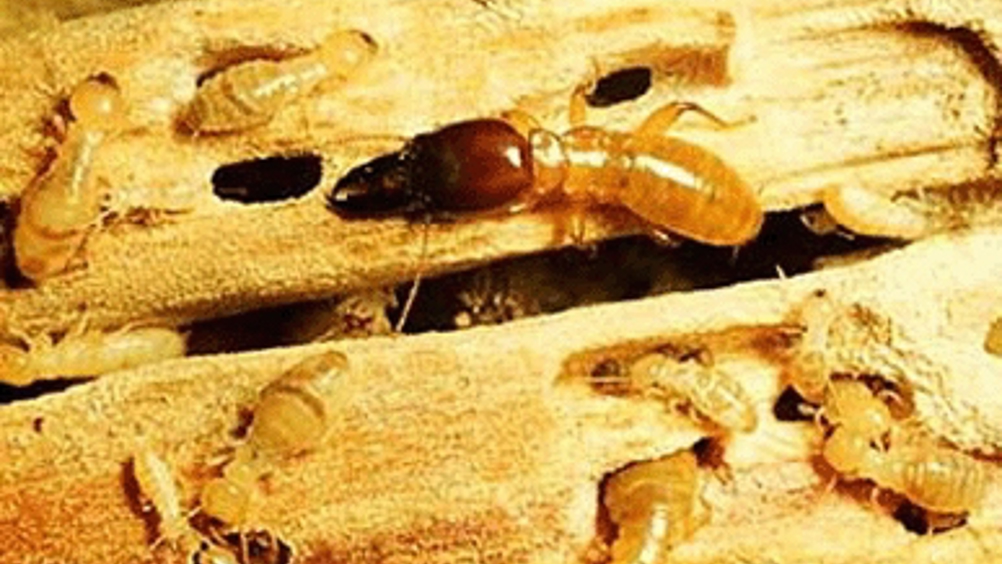Wood component helps UK team strengthen bioplastics
UK researchers are hoping to make cheaper, stronger, more environmentally friendly bioplastics by using microbes to extract chemicals from paper industry waste products.

Most bioplastics are made with some oil-derived chemicals as well as ones from renewable biomass, and they tend to be more expensive and less useful than traditional polymers.
Now a team from Warwick University and Southampton-based Biome Bioplastics is launching a study of how 100 per cent renewable bioplastics could be made using chemicals derived from the breakdown of the paper manufacturing waste product lignin, which could also improve the bioplastics’ cost and performance.
‘The key element of it is [asking] can we use bugs to do things that chemical plants do?,’ Biome CEO Paul Mines told The Engineer. ‘And in doing so can we do it in a less capital-intensive way than a chemical plant with a very low cost for material?’
Lignin, which is a key component of plant structures and one of the most abundant organic compounds on Earth, is formed from “aromatic” rings of carbon atoms that are chemically very useful because they can be bonded with different functional molecular groups.
Register now to continue reading
Thanks for visiting The Engineer. You’ve now reached your monthly limit of news stories. Register for free to unlock unlimited access to all of our news coverage, as well as premium content including opinion, in-depth features and special reports.
Benefits of registering
-
In-depth insights and coverage of key emerging trends
-
Unrestricted access to special reports throughout the year
-
Daily technology news delivered straight to your inbox










Water Sector Talent Exodus Could Cripple The Sector
Maybe if things are essential for the running of a country and we want to pay a fair price we should be running these utilities on a not for profit...